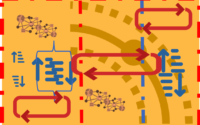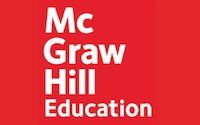
Using connectivism theory and technology for knowledge creation in cross-cultural communication
This study examined the significance of connectivism theory and technology for knowledge creation in cross-cultural communication. The findings rely on the exercise designed and conducted by the facilitators of two different institutions/universities based in two different countries. This exercise was conducted for two intercultural management classes in New Delhi, India and Graz, Austria. This article […]
















